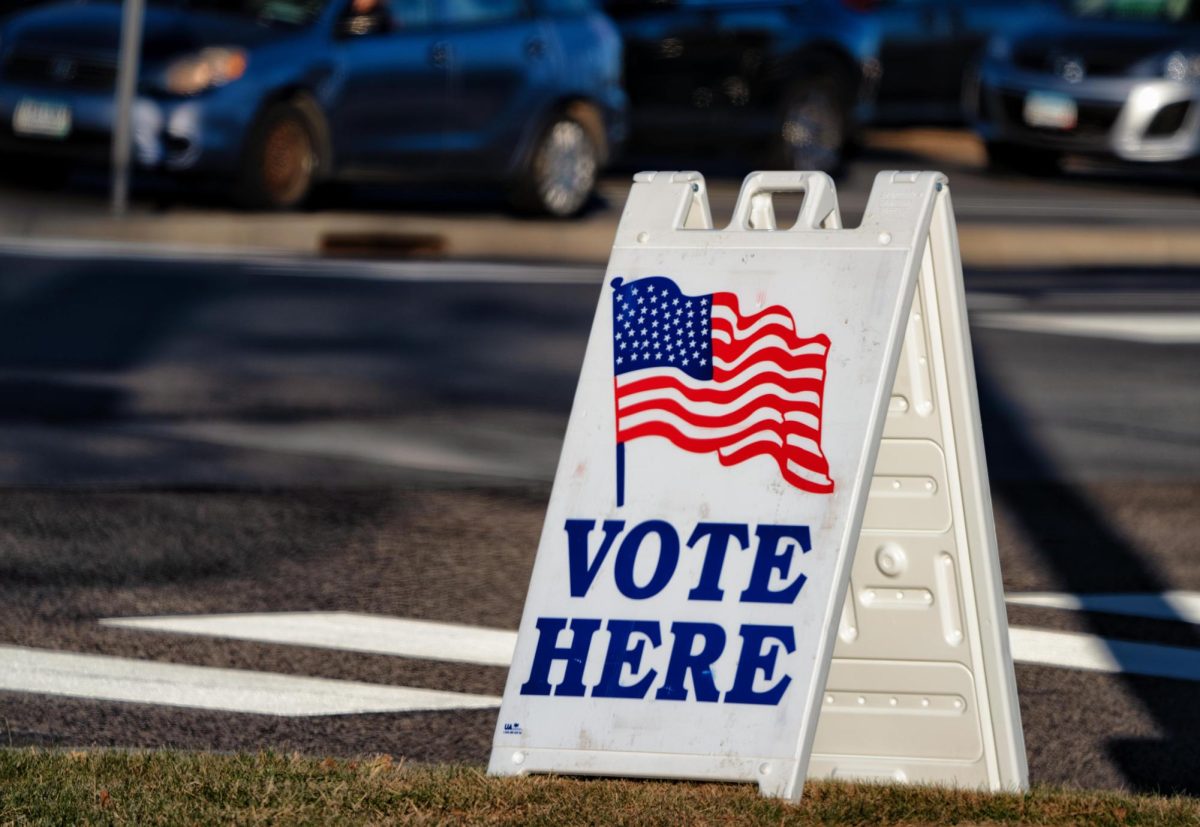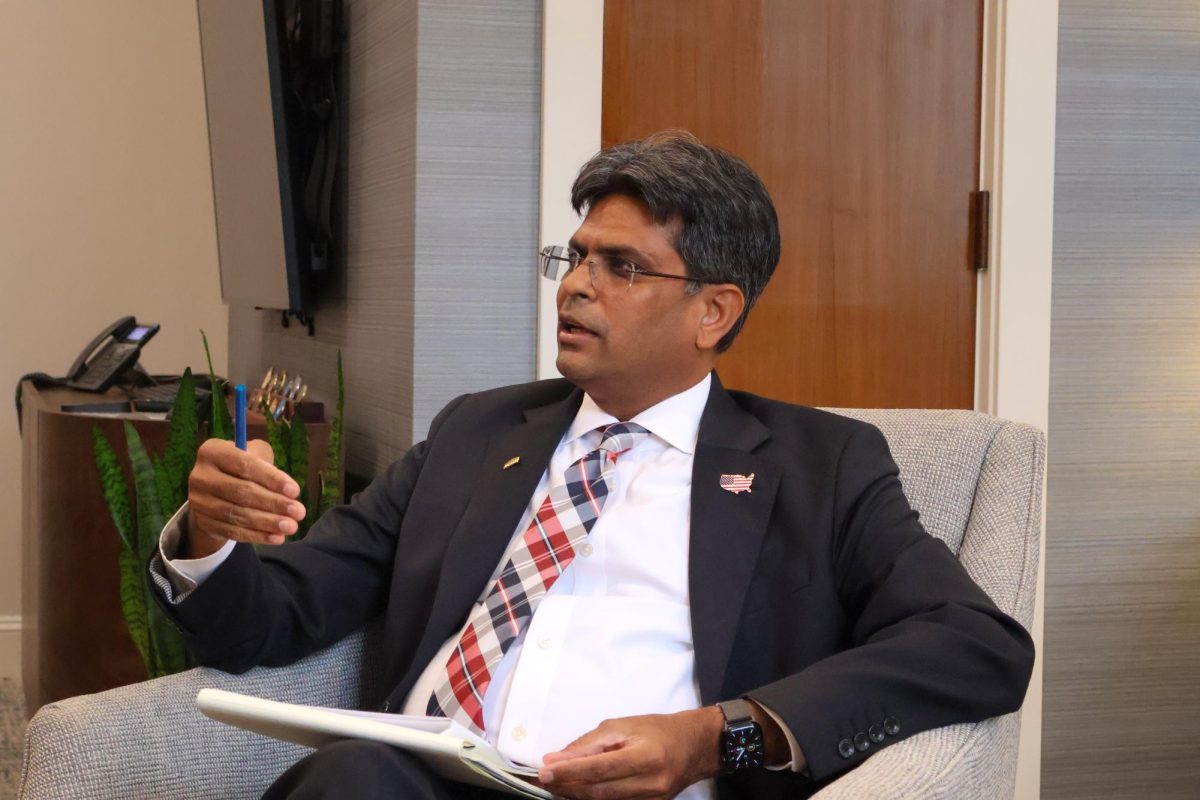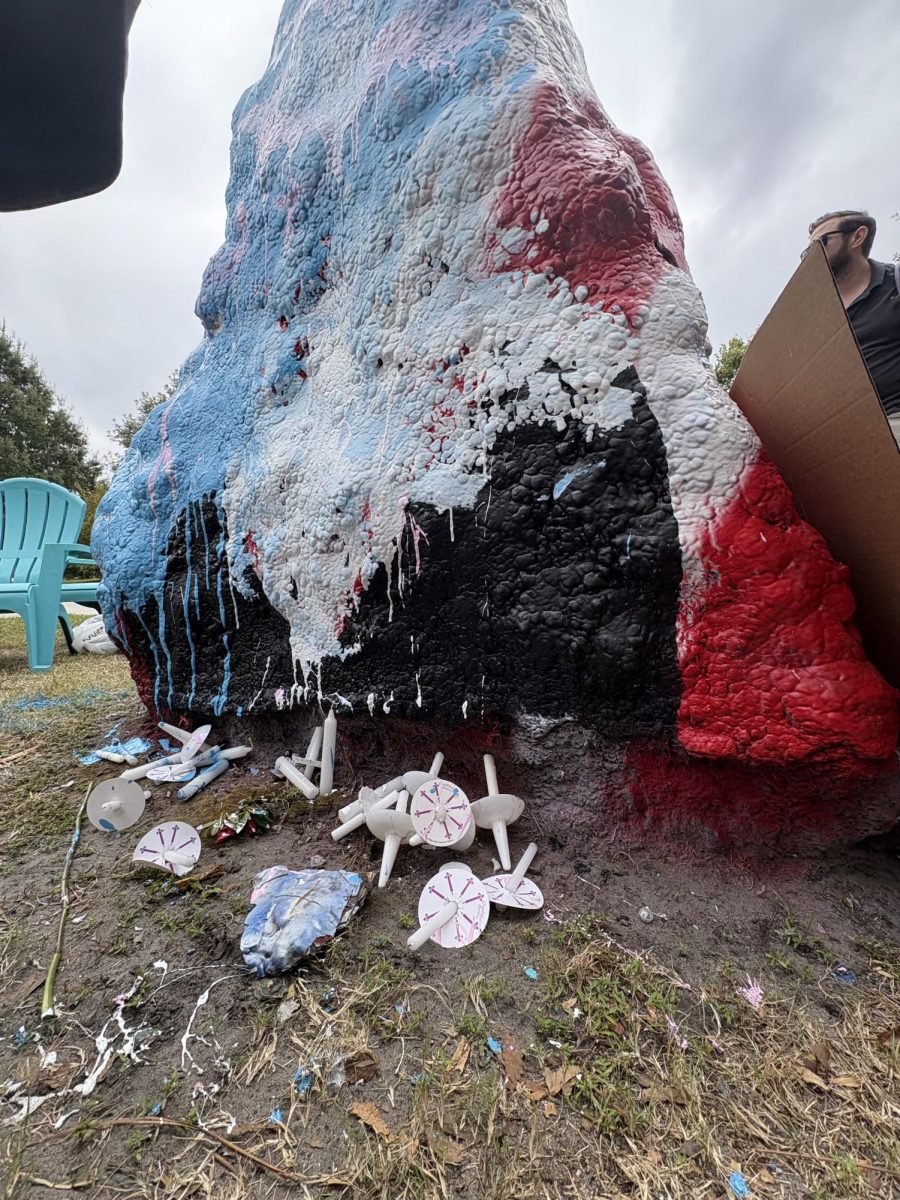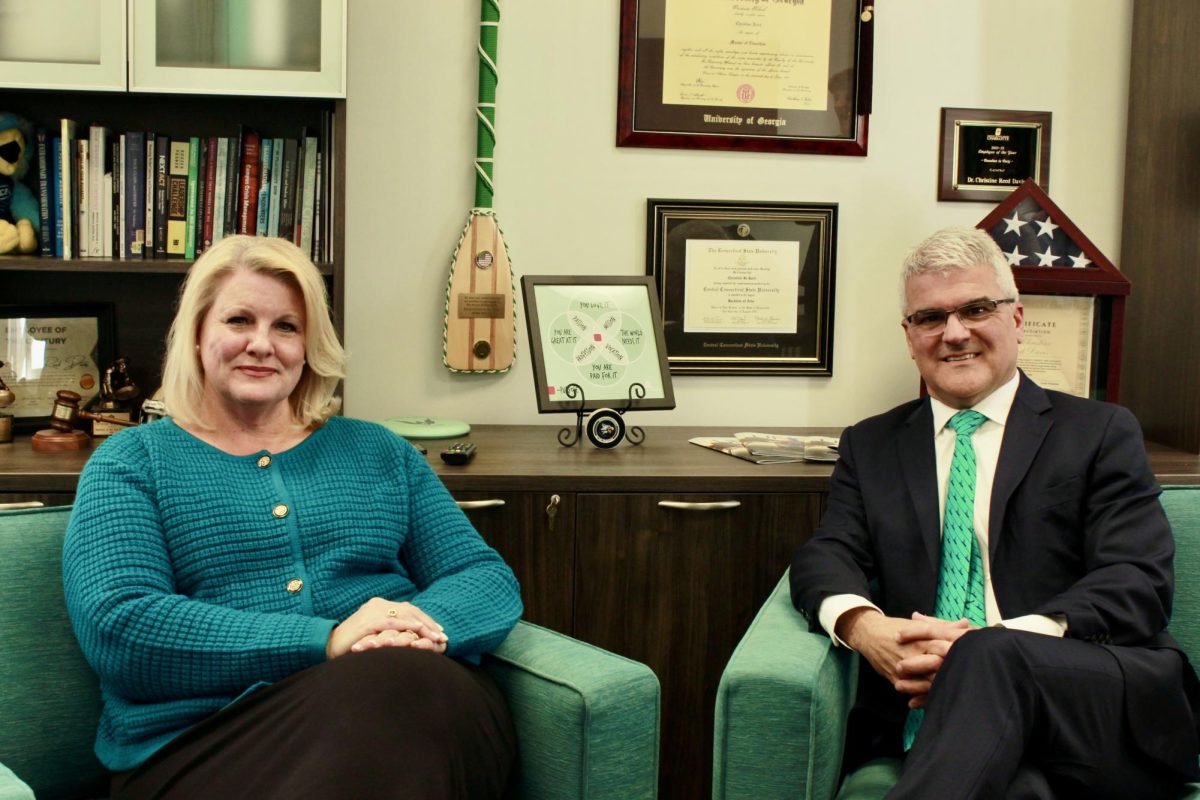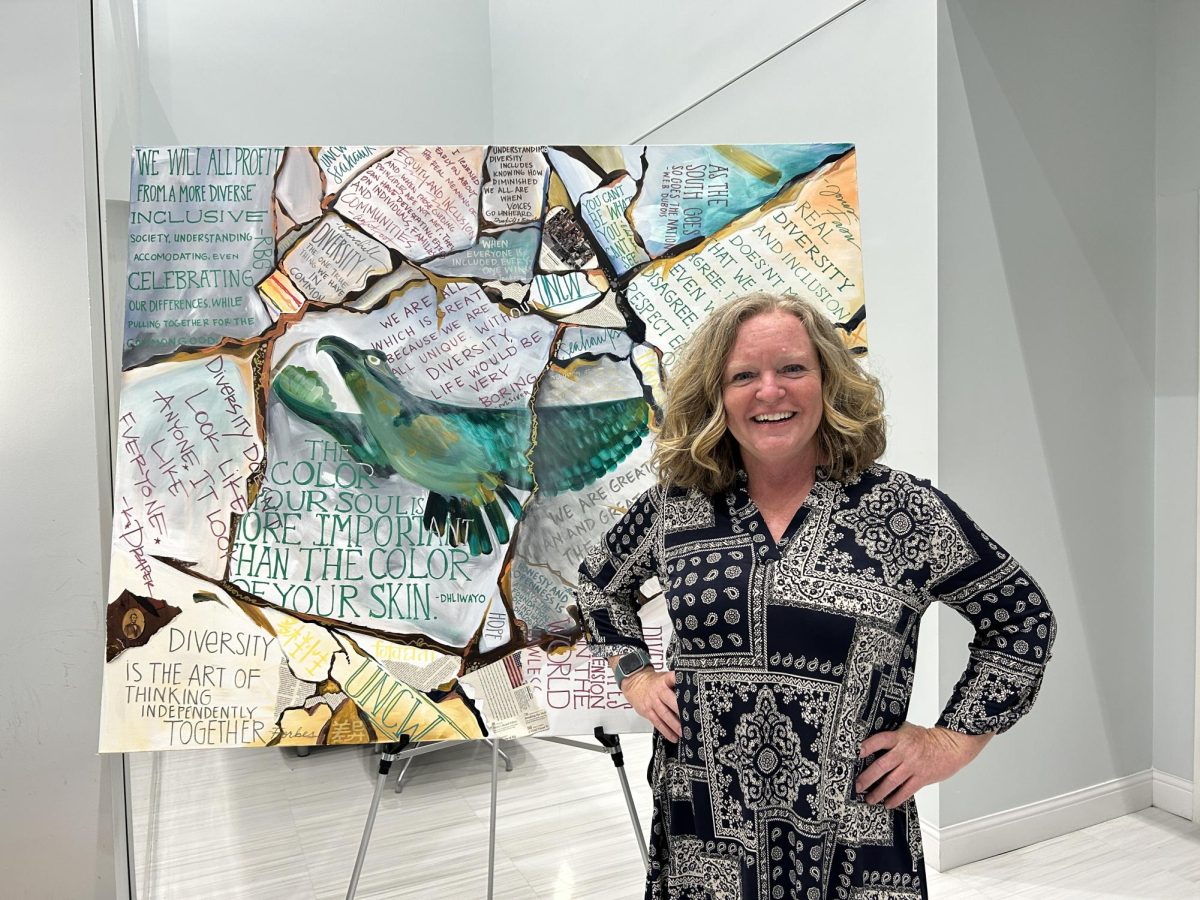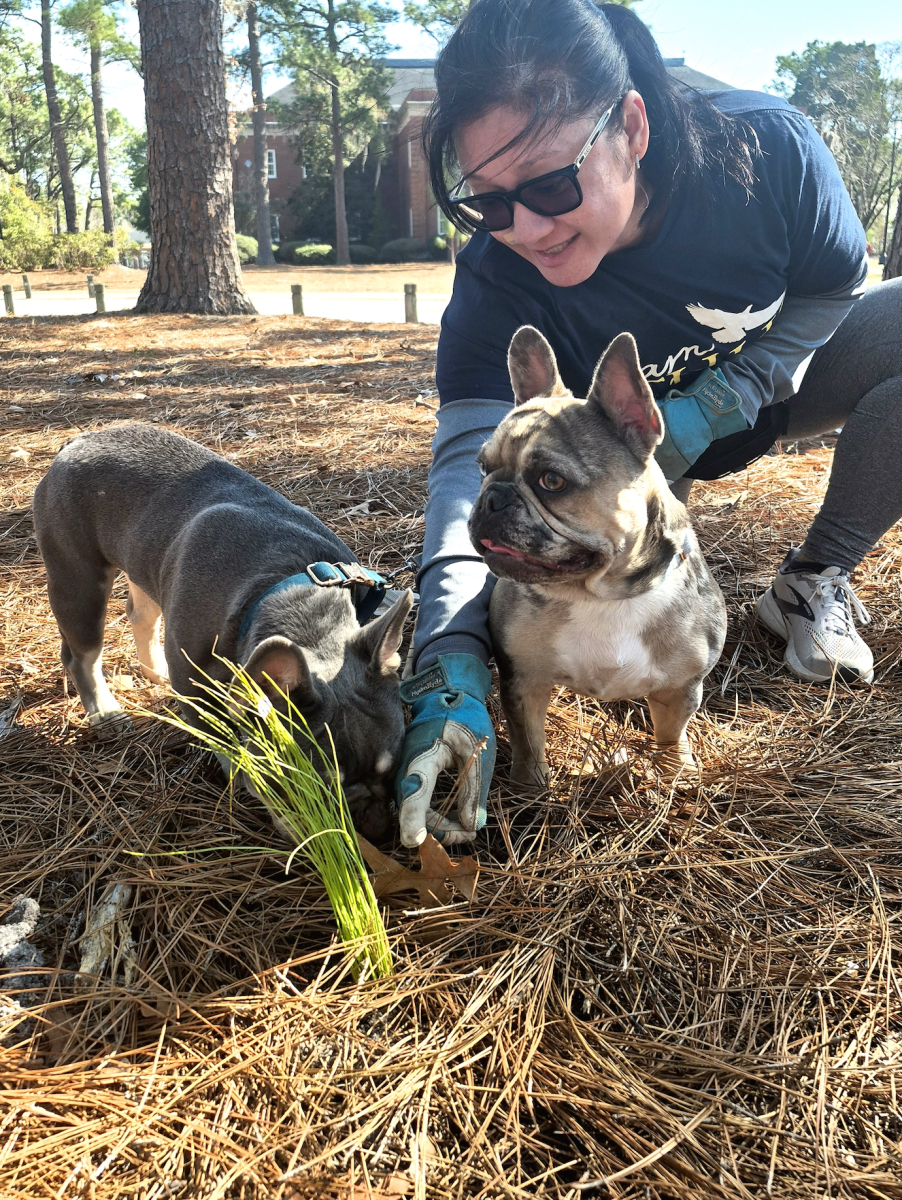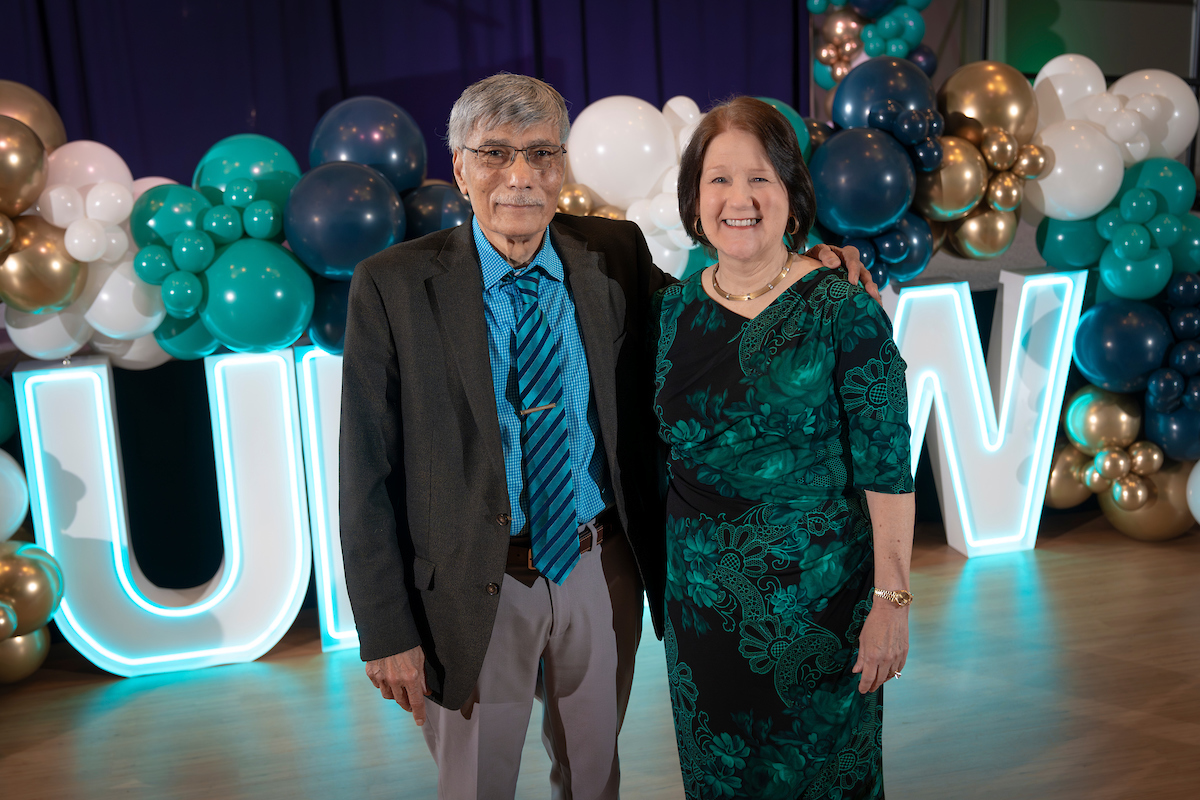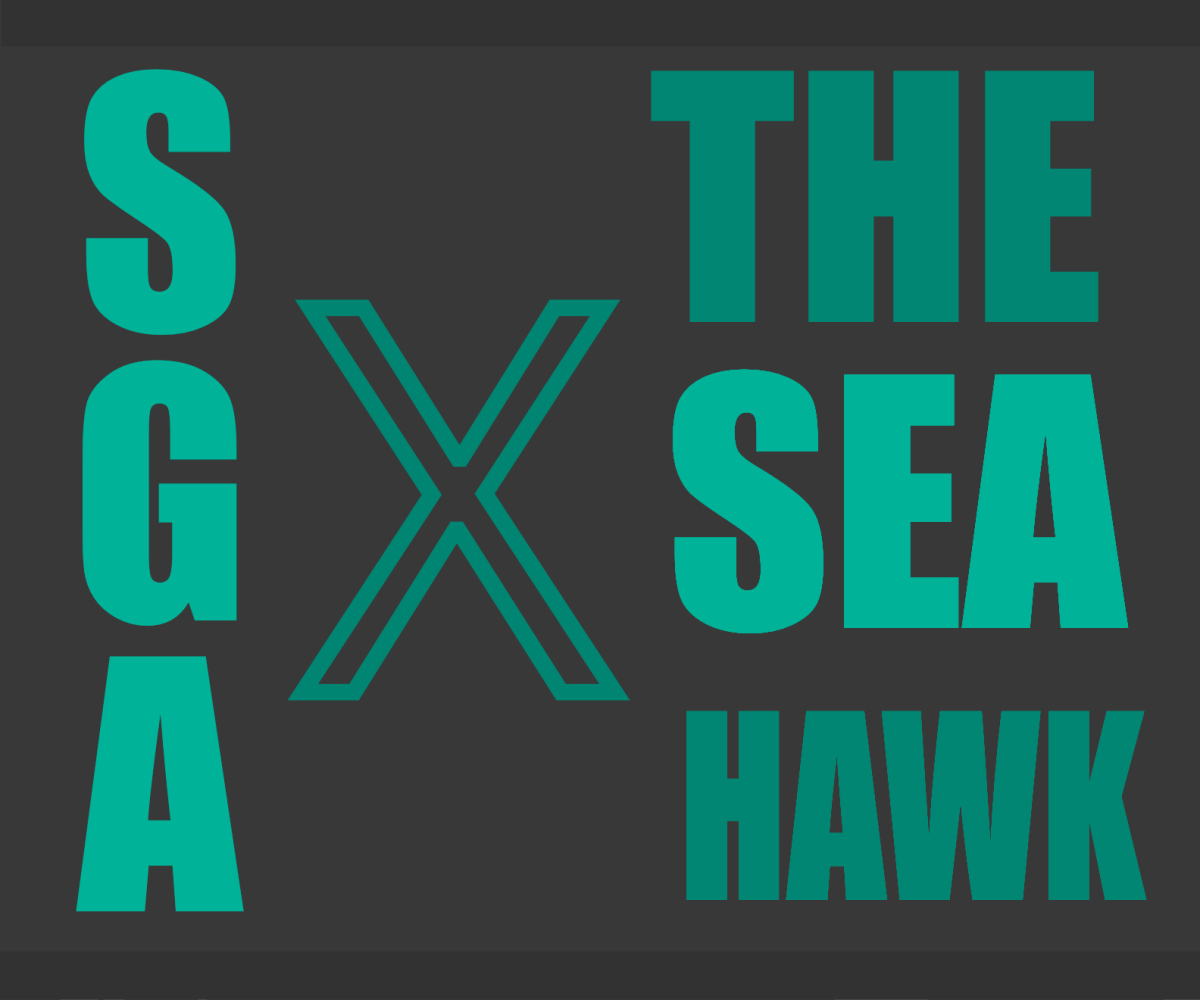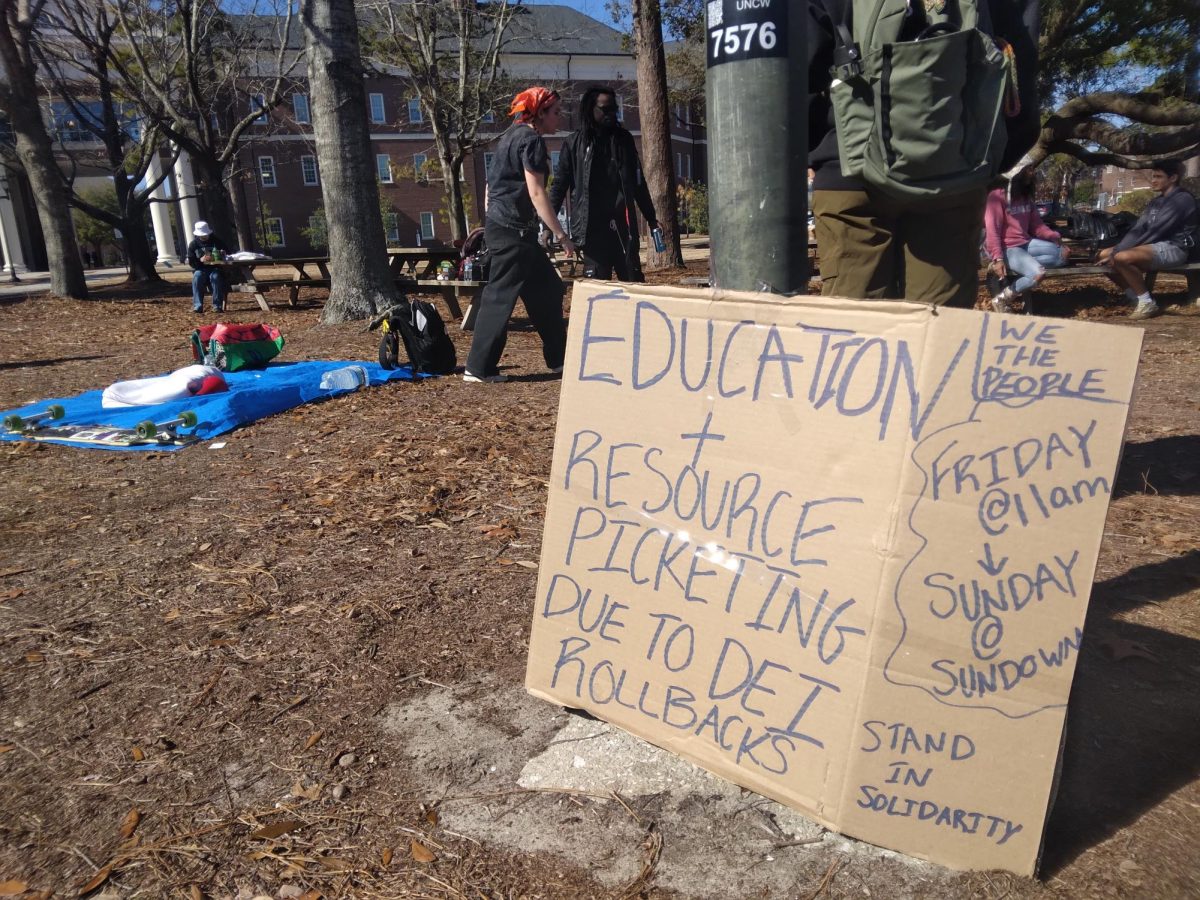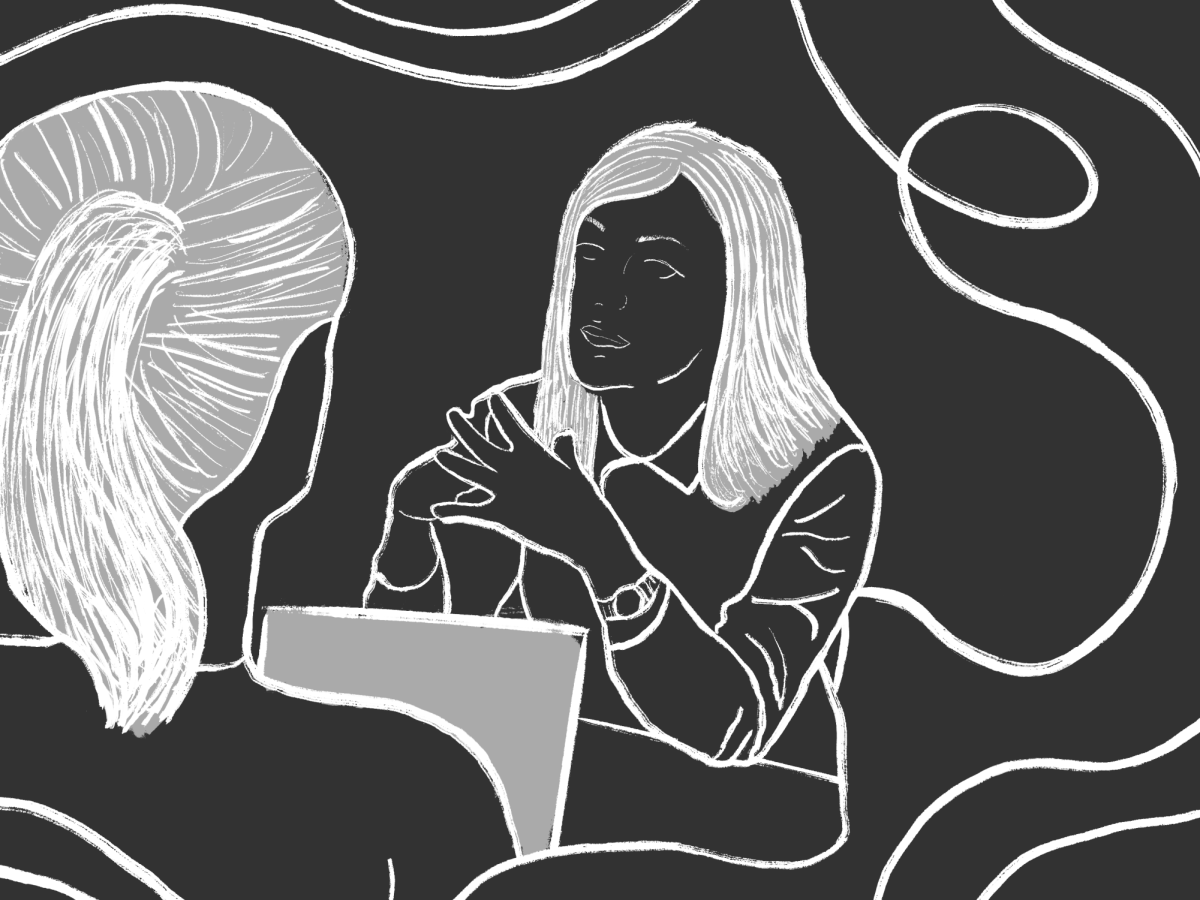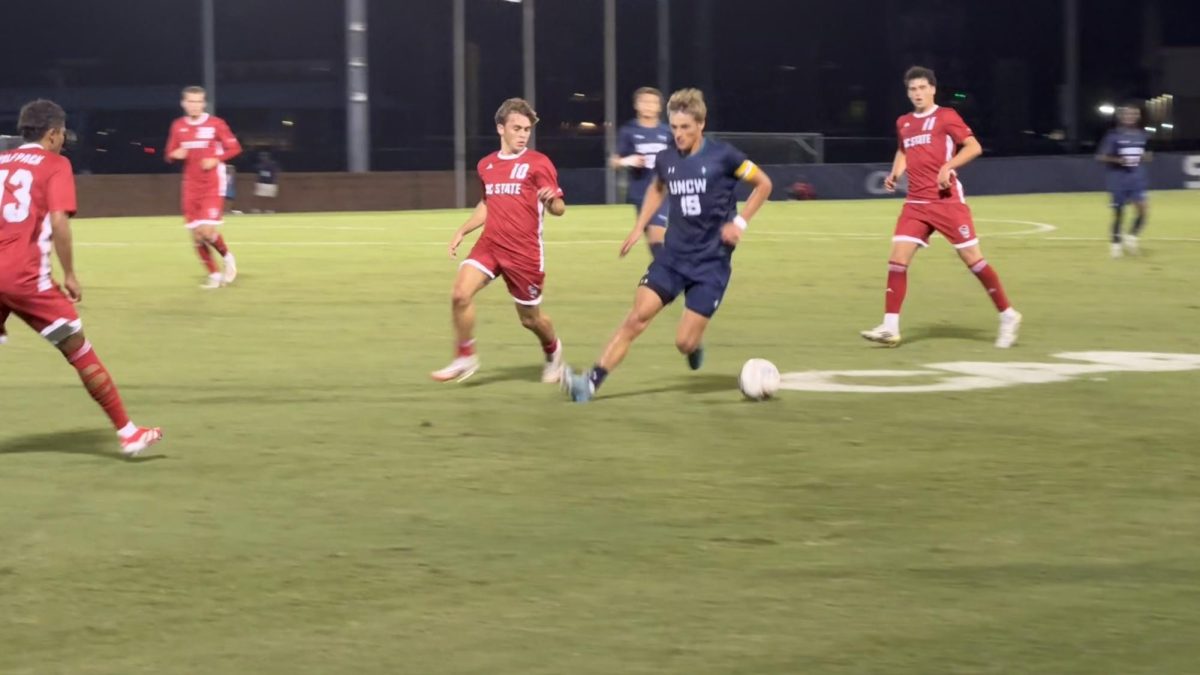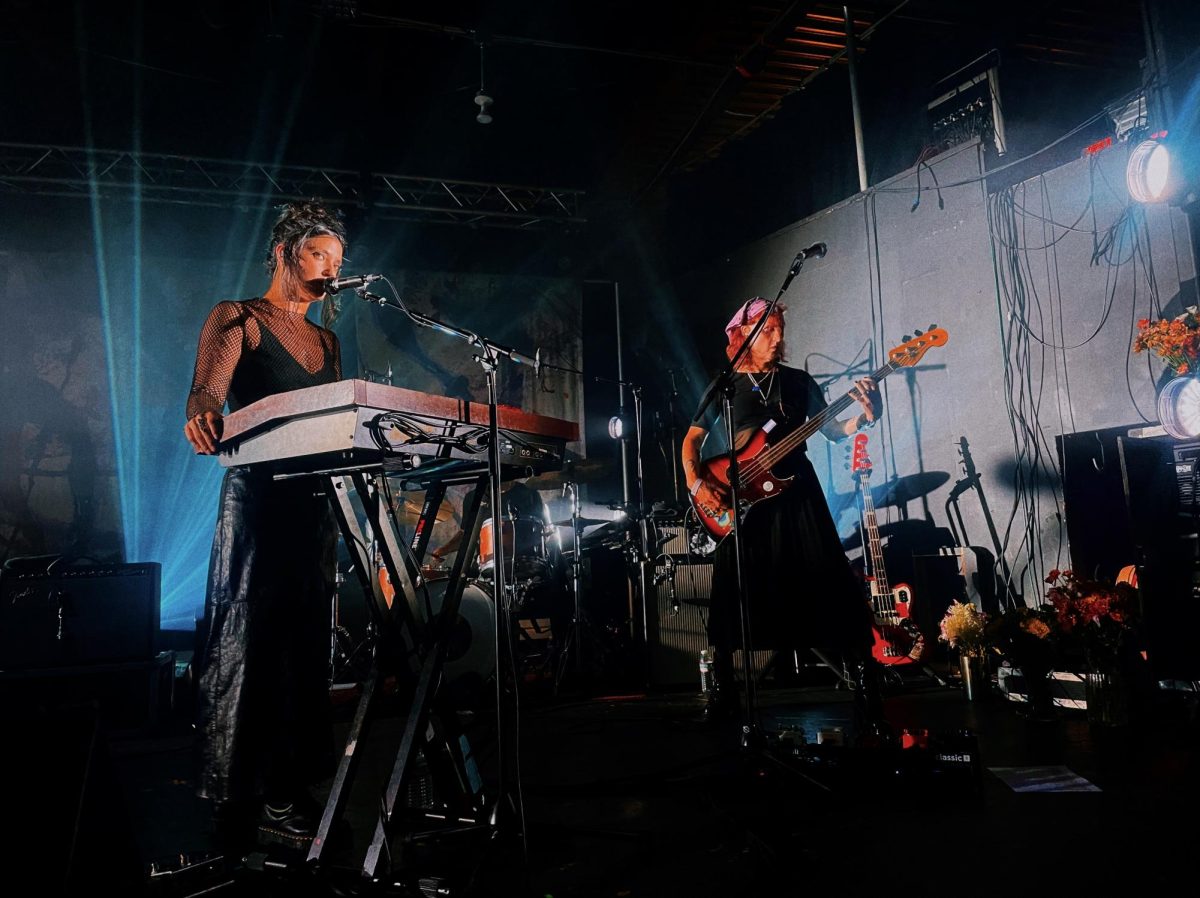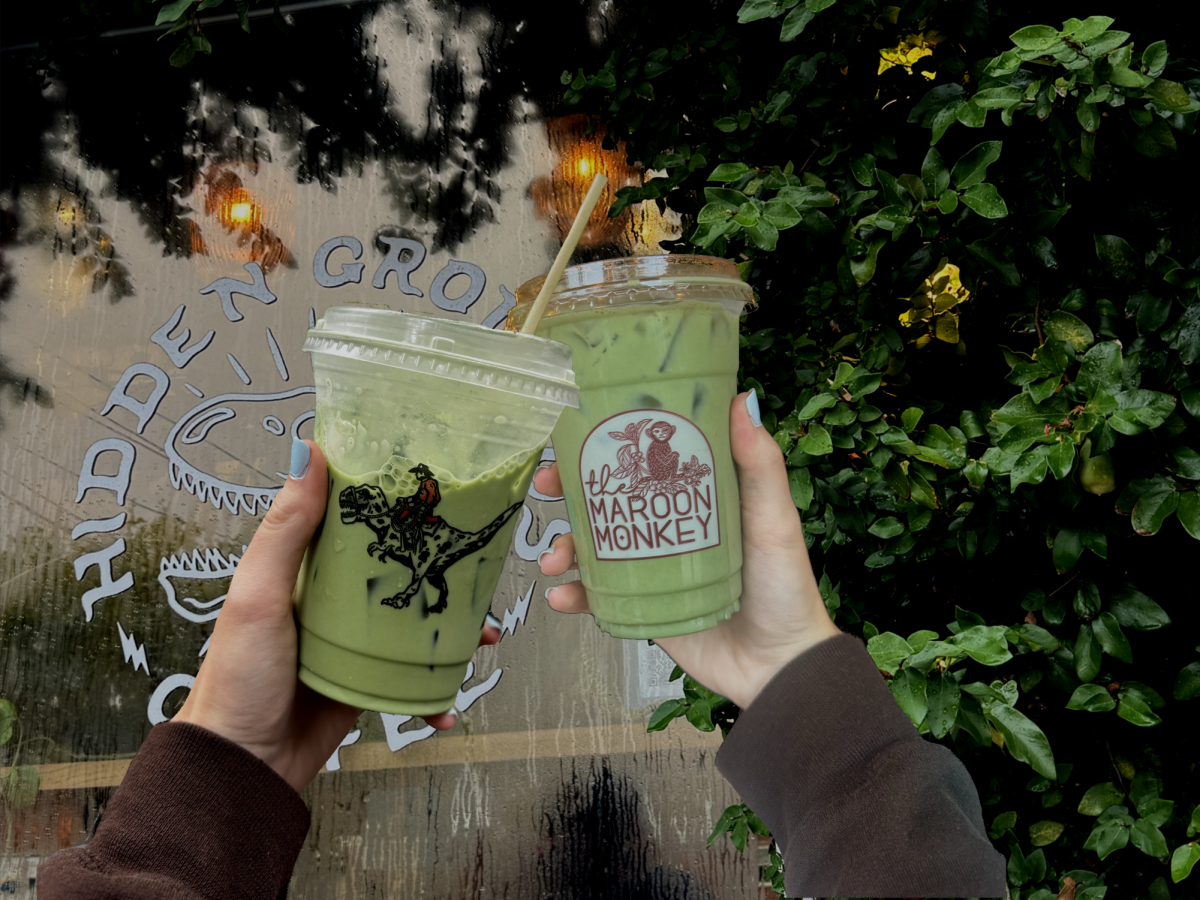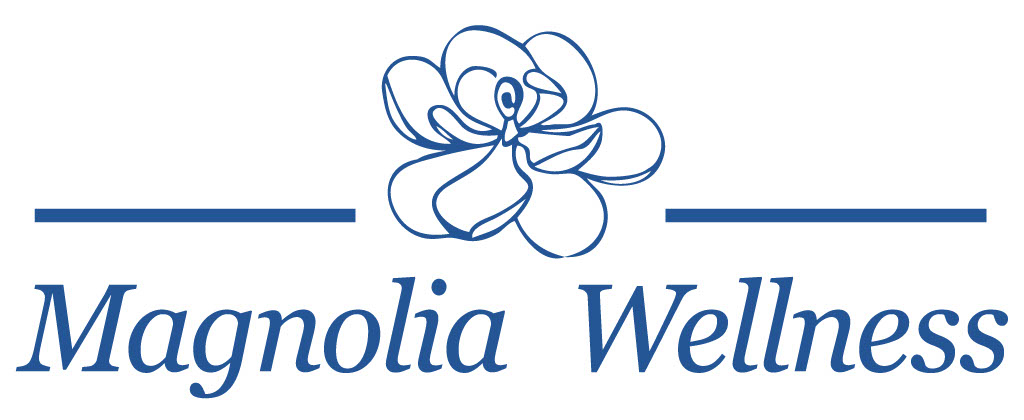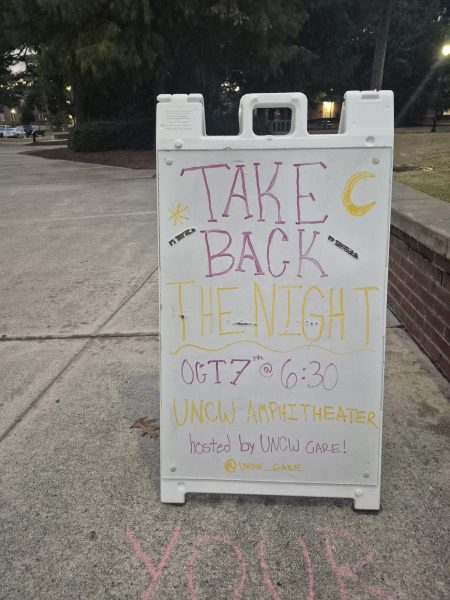
On Tuesday Oct. 7, 2025, the UNCW Collaboration for Assault Response and Education (CARE) Office hosted the school’s fifth annual Take Back the Night Rally to show support and provide resources to survivors of domestic, sexual and gender-based violence.
Following tradition, the event took place in October, which is Domestic Violence Awareness Month. Take Back the Night is a national rally that allows both survivors and their allies to make their voices heard as they reclaim the darkness for themselves, in spite of the violence they have experienced.
Liv Massar, the CARE office’s Interpersonal Violence Prevention Coordinator, planned this year’s rally. “Essentially, it’s just a group of people showing up and showing out in their support of survivors, to show that the night shouldn’t be unsafe for anyone,” she said.
Her work began over the summer, including inviting various partners to set up tables to spread awareness at the event. “We have UPD and the Counseling Center tabling with us,” Massar mentioned. Alongside them were local partners like the Coastal Horizons Rape Crisis Center (RCC) and the Wilmington Domestic Violence Shelter and Services. Massar said that the planning was “all worth it for a night like this.”
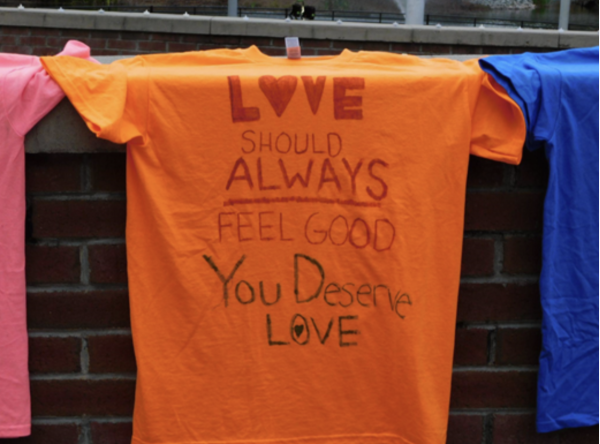
The CARE office itself was also tabling at the event, with a station where students could create t-shirts for the office’s annual Clothesline Campaign. Individuals were invited to write encouraging and comforting words on the shirts to later be displayed around campus.
The campaign is rooted in a history of women using their clotheslines to communicate interpersonal violence they were experiencing in their own lives. Today, the Clothesline Campaign acts as a visualization of different types of violence, turning statistics into an educational tool.
“Each color represents a different type of violence,” said CARE employee Saige Jones, who was helping collect the decorated shirts. At the table was an infographic explaining each meaning: red, pink or orange represents survivors of sexual violence; yellow or beige represents survivors of dating and domestic violence; blue or green represents survivors of childhood sexual abuse; purple represents survivors of violence rooted in gender identity and/or sexual orientation; white represents those who lost their lives due to interpersonal violence; and black represents people who have been assaulted due to a political motive.
The main purpose of the Clothesline Campaign, and the march, is to spread awareness of how prevalent violence is in our society. These are more than just statistics; these are real people, neighbors and classmates and friends who have been harmed by someone else.
“I think it is important for people to know about sexual violence and to spread awareness about it,” said student CARE employee Hayley Mahan. “As someone who has had personal experiences with this, I understand how hard it is to speak out about it.”
“[The rally] gives people the opportunity to learn more and expand their horizons on what they can be looking out for and advocating for,” Lucy Burningham, another student CARE employee, added.
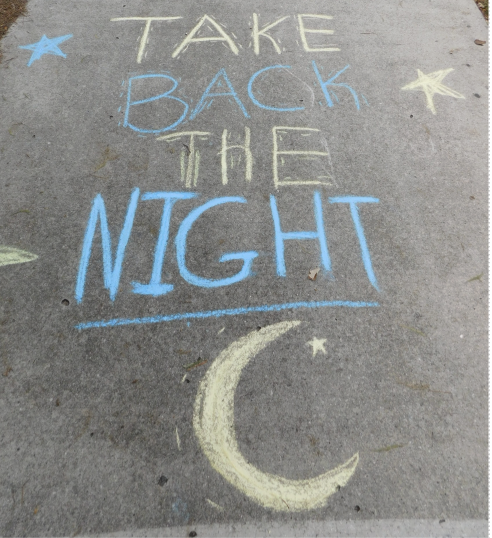
The rally began as the sun set, and attendees lit up the Fisher Amphitheater with glow sticks, light-up wands and tea lights. Like in years past, the march started at the Fisher Student Center and made its way down Chancellor’s Walk, looping around Veteran’s Hall and ending at the Burney Fountain. The marchers participated in call outs, such as “Shatter the Silence/End the Violence” and “We All Unite/Take Back the Night.”
“It was really empowering,” said freshman Quin Holmes. Holmes is a survivor of domestic violence, like many of the attendees. “[The march] was very freeing.”
Some attendees decided to march on behalf of others, like freshman Faye Patten. “I was out here because I am a military kid,” Patten confessed. “There is a lot of violence in the military, and I saw a lot of mothers go through the same things my mother did. I enjoy getting out and doing things like this.”
Others walked for themselves, like Holmes and sophomore Meghan Minor. “It means a lot, as a victim of violence, to see so many people gathering in support of survivors,” Minor said. “I feel very empowered.”
If you or anyone you know is struggling with the aftereffects of interpersonal violence, please reach out to the UNCW CARE Office at 910-962-2273 or visit in person on the first floor of DePaolo Hall in Suite 1003.



